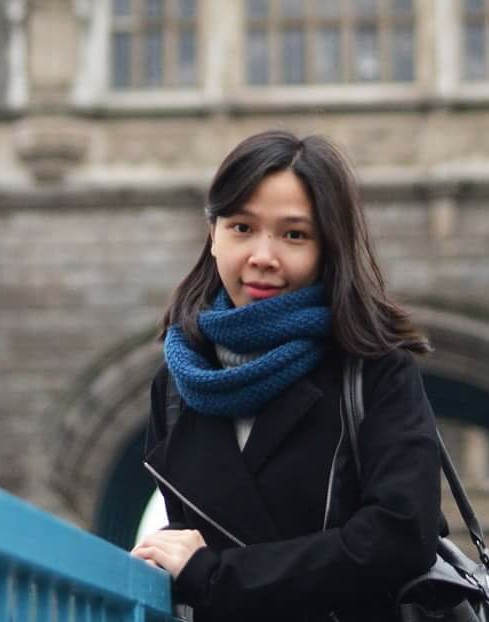Thi Gammon

PhD Student in Media Studies
Vietnamese Reception of "Soft Masculinity" in Korean TV Dramas: Desires, Identification and Gender
Supervisors: A/Prof Stephen Epstein (School of Languages and Cultures), Dr Joost de Bruin & Dr Cherie Lacey
ABSTRACT
Thi Gammon’s doctoral thesis explores Vietnamese audience reception of soft masculinities, defined by the aestheticisation and romantic idealisation of male characters, in South Korean television dramas (K-dramas). Based on interview data collected in 2019, the thesis focuses on patterns of gendered desire, identification, and negotiation in viewers in their 20s and 30s. It highlights the popularity of K-dramas in Vietnam, which have established an enduring presence there since the late 1990s, and the connections between this popularity and ongoing changes in gender relations following the introduction of the 1986 Đổi Mới (reform) policy, marked by Vietnam’s transition to a market economy and gradual integration into global trade. The thesis demonstrates how the spread of this “Korean Wave” is correlated with a changing local mediascape, the rise of a consumer culture, and a growing interest in exploring the self.
The thesis adopts the Free Association Narrative Interview (FANI) method, which draws on the solicitation of free talk and storytelling and psychosocial attention to case studies in order to connect interview participants’ biographical details with their viewing experiences. It is influenced by Judith Butler’s theoretical work on gender and performativity, as well as related material by scholars such as Michel Foucault and Pierre Bourdieu. The thesis contributes to contemporary Vietnamese studies, gender studies, psychosocial studies, media audience studies, and research on the Korean Wave.
BIOGRAPHY
Prior to her postgraduate academic pursuits, Thi Gammon worked as a reporter in Vietnam. She holds an MA in Global Media from the University of Westminster in London. Her research interests include gender identity, masculinities, contemporary Vietnam, Korean pop culture, and psychoanalysis.
